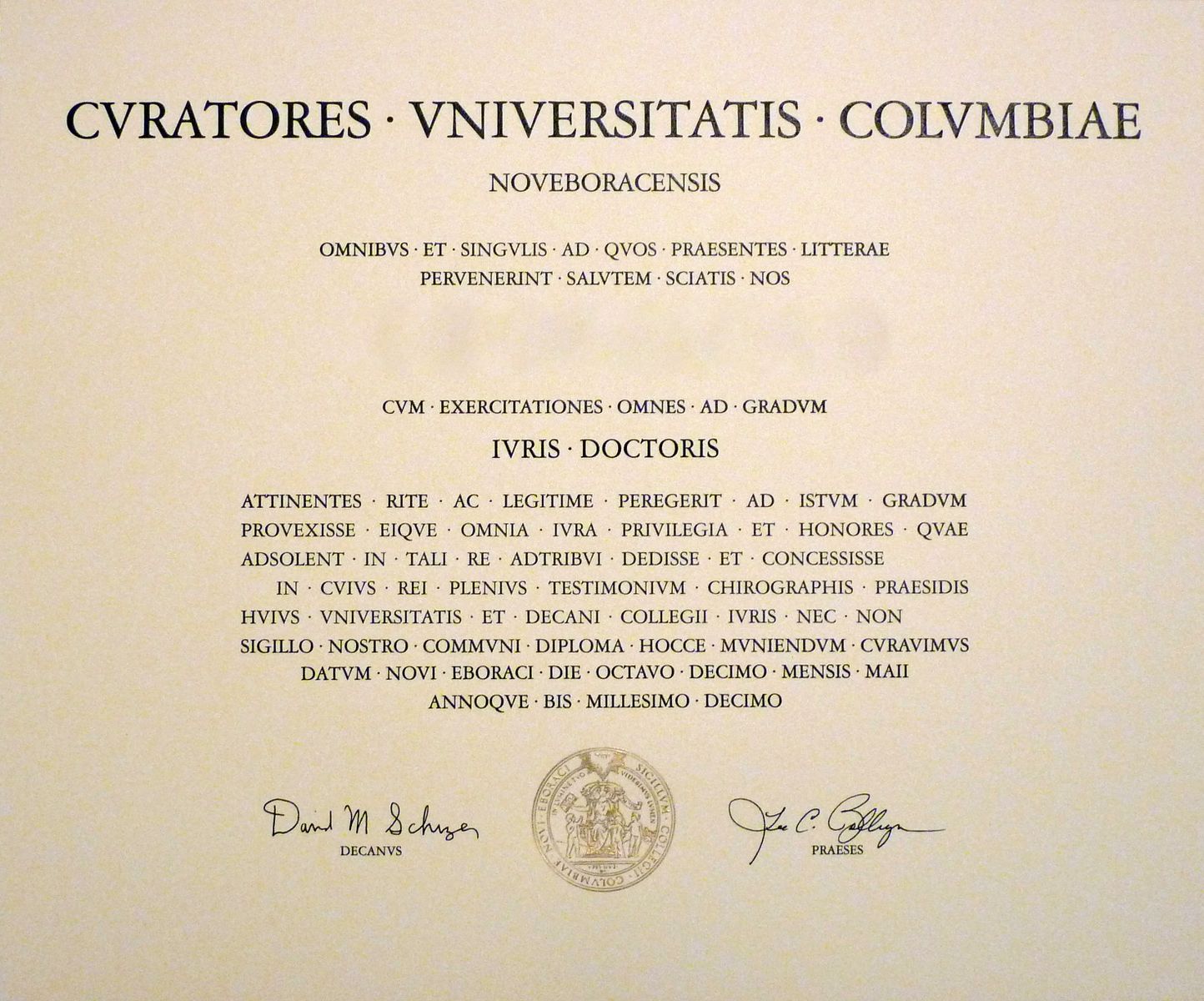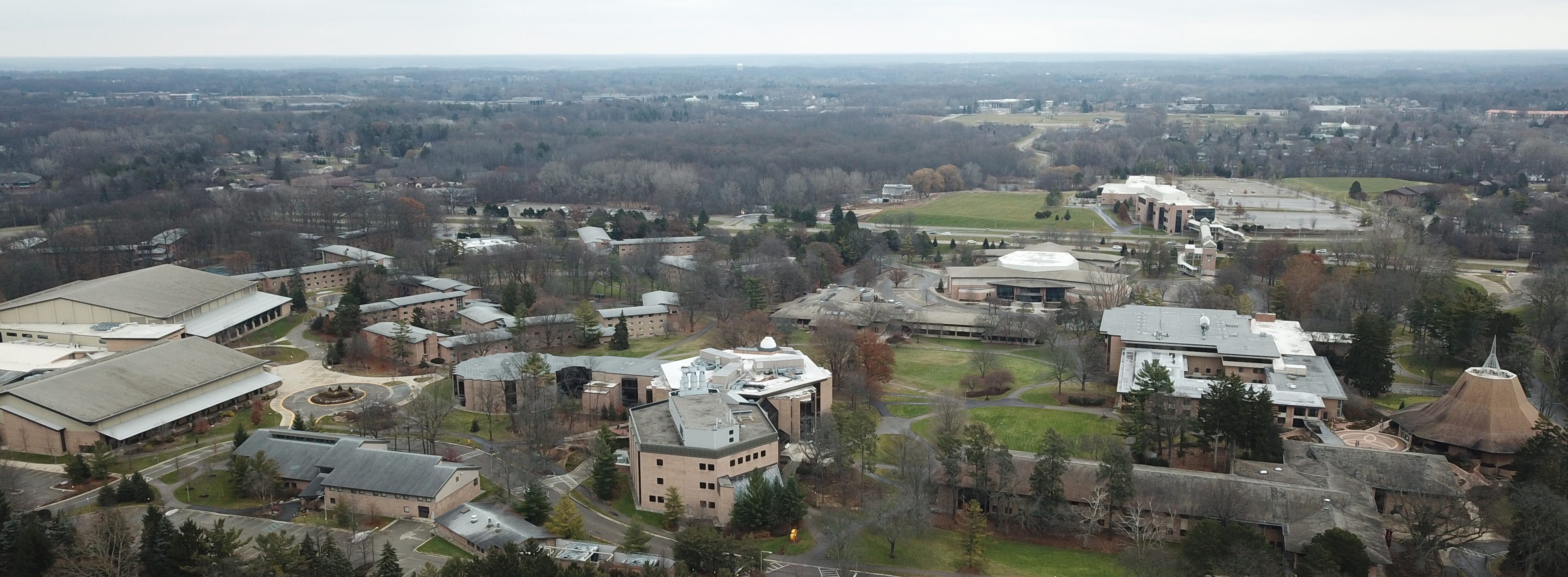|
Paul Zwier
Paul J. Zwier is a lawyer, author, and academic. He is a former Professor of Law, Director of the Advocacy Skills Program, and Director of the Program for International Advocacy and Dispute Resolution at Emory University, and has been serving as an Of Counsel at Guttman, Buschner & Brooks (GBB). Zwier is most known for his work in advocacy, negotiation, and mediation skills training, with a focus on legal training for lawyers, torts law, evidence, and case studies regarding international affairs. He is the author of books including ''Principled Negotiation on an International Stage'', ''Critical Race Theory and the American Justice System'', and ''Effective Expert Testimony''. He was awarded the Distinguished Educator award by the University of Richmond in 1991 and the Honorable Prentice Marshall Faculty Award by National Institute for Trial Advocacy (NITA) in 1998. Zwier has conducted training sessions for judges and lawyers at international criminal courts such as the ICC, ICT ... [...More Info...] [...Related Items...] OR: [Wikipedia] [Google] [Baidu] |
Outline Of Tort Law
The following outline is provided as an overview of and introduction to tort law in common law jurisdictions: Tort law – defines what a legal injury is and, therefore, whether a person may be held liable for an injury they have caused. Legal injuries are not limited to physical injuries. They may also include emotional, economic, or reputational injuries as well as violations of privacy, property, or constitutional rights. Types of torts Torts against the person Torts (trespass) against the person – category of torts that describes a civil wrong that causes physical harm to the complainant. * Assault (tort) – intentionally and voluntarily causing the reasonable apprehension of an immediate harmful or offensive contact. * Battery (tort) – Bringing about an unconsentful harmful or offensive contact with a person or to something closely associated with that person (such as an item of clothing). It differs from assault in that it requires actual contac ... [...More Info...] [...Related Items...] OR: [Wikipedia] [Google] [Baidu] |
Legal Education
Legal education is the education of individuals in the principles, practices, and theory of law. It may be undertaken for several reasons, including to provide the knowledge and skills necessary for admission to legal practice in a particular jurisdiction, to provide a greater breadth of knowledge to those working in other professions such as politics or business, to provide current lawyers with advanced training or greater specialisation, or to update lawyers on recent developments in the law. Legal education can take the form of a variety of programs, including: * Primary degrees in law, which may be studied at either undergraduate or graduate level depending on the country. * Advanced academic degrees in law, such as masters and doctoral degrees. * Practice or training courses, which prospective lawyers are required to pass in some countries before they may enter practice. * Applied or specialised law accreditation, which are less formal than degree programs but which pr ... [...More Info...] [...Related Items...] OR: [Wikipedia] [Google] [Baidu] |
Master Of Laws
A Master of Laws (M.L. or LL.M.; Latin: ' or ') is a postgraduate academic degree, pursued by those either holding an undergraduate academic law degree, a professional law degree, or an undergraduate degree in another subject. In many jurisdictions, the LL.M. is an advanced professional degree for those already admitted to legal practice. Definition To become a lawyer and practice law in most jurisdictions, a person must first obtain a law degree. In most common law countries, a Bachelor of Laws (LL.B.) is required. In the United States, a bachelor's degree followed by the Juris Doctor (J.D.), a graduate school degree, and passing an additional set of examinations (the Bar exam) is typically required to practice law. The LL.M. program is an advanced postgraduate law program. In Canada, an LL.B is required to enter an LL.M program; in the United States and Australia, a J.D. is required. Specialized LL.M. programs have been introduced in many European countries. An LL.M. d ... [...More Info...] [...Related Items...] OR: [Wikipedia] [Google] [Baidu] |
Pepperdine Law Review
The ''Pepperdine Law Review'' is a student-edited law journal published by an independent student group composed of second- and third-year J.D. students at Pepperdine University School of Law. The Law Review publishes four to five issues a year and sponsors an annual symposium on a relevant legal topic. Since its founding in 1972, the Pepperdine Law Review has been a resource for practitioners, law professors, and judges alike. The Law Review has been cited several times by the United States Supreme Court, and is available on Westlaw and LexisNexis. Membership Members of the Law Review are selected on the basis of academic excellence and participation in a rigorous selection process. Students in the top 10% of their first-year class may elect to join the journal's staff ("grading on"), and other students in the top 50% may seek membership by participating in an anonymously graded writing competition ("writing on"). Notable alumni Pepperdine Law Review Alumni have moved on to s ... [...More Info...] [...Related Items...] OR: [Wikipedia] [Google] [Baidu] |
Juris Doctor
A Juris Doctor, Doctor of Jurisprudence, or Doctor of Law (JD) is a graduate-entry professional degree that primarily prepares individuals to practice law. In the United States and the Philippines, it is the only qualifying law degree. Other jurisdictions, such as Australia, Canada, and Hong Kong, offer both the postgraduate JD degree as well as the undergraduate Bachelor of Laws, Bachelor of Civil Law, or other qualifying law degree. Originating in the United States in 1902, the degree generally requires three years of full-time study to complete and is conferred upon students who have successfully completed coursework and practical training in legal studies. The JD curriculum typically includes fundamental legal subjects such as constitutional law, civil procedure, criminal law, contracts, property, and torts, along with opportunities for specialization in areas like international law, corporate law, or public policy. Upon receiving a JD, graduates must pass a bar examinatio ... [...More Info...] [...Related Items...] OR: [Wikipedia] [Google] [Baidu] |
Calvin College
Calvin University, formerly Calvin College, is a private Christian university in Grand Rapids, Michigan, United States. Founded in 1876, Calvin University is an educational institution of the Christian Reformed Church and stands in the Reformed (Calvinist) tradition. Known as Calvin College for most of its history, the school is named after John Calvin, the 16th-century Protestant Reformer. History The Christian Reformed Church in North America founded the school on August 4, 1876, as part of Calvin College and Theological Seminary (with the seminary becoming Calvin Theological Seminary) to train church ministers. The college and seminary began with seven students, in a rented upper room on Spring Street, in Grand Rapids, Michigan, with Geert Boer as the docent. The initial six-year curriculum included four years of literary studies and two years of theology. In 1892, the campus moved to the intersection of Madison Avenue and Franklin Street (Fifth Avenue) in Grand Rapids. ... [...More Info...] [...Related Items...] OR: [Wikipedia] [Google] [Baidu] |
Bachelor Of Arts
A Bachelor of Arts (abbreviated B.A., BA, A.B. or AB; from the Latin ', ', or ') is the holder of a bachelor's degree awarded for an undergraduate program in the liberal arts, or, in some cases, other disciplines. A Bachelor of Arts degree course is generally completed in three or four years, depending on the country and institution. * Degree attainment typically takes five or more years in Argentina, Brazil, Chile, and Peru. * Degree attainment typically takes four years in Afghanistan, Armenia, Azerbaijan, Bangladesh, Brunei, Bulgaria, Canada (except Quebec), China, Egypt, Finland, Georgia, Ghana, Greece, Hong Kong, Indonesia, India, Iran, Iraq, Ireland, Jamaica, Japan, Kazakhstan, Kenya, Kuwait, Latvia, Lebanon, Lithuania, Malaysia, Mexico, Mongolia, Myanmar, Nepal, the Netherlands, Nigeria, Pakistan, the Philippines, Qatar, Russia, Saudi Arabia, Scotland, Serbia, Singapore, South Africa, South Korea, Spain, Sri Lanka, Taiwan, Thailand, Turkey, Ukraine, the United S ... [...More Info...] [...Related Items...] OR: [Wikipedia] [Google] [Baidu] |
Sierra Leone
Sierra Leone, officially the Republic of Sierra Leone, is a country on the southwest coast of West Africa. It is bordered to the southeast by Liberia and by Guinea to the north. Sierra Leone's land area is . It has a tropical climate and environments ranging from savannas to rainforests. As of the 2023 census, Sierra Leone has a population of 8,460,512. Freetown is its capital and largest city. Sierra Leone is a presidential republic, with a unicameral parliament and a directly elected president. It is a secular state. Its Constitution of Sierra Leone, constitution provides for the separation of state and religion and freedom of conscience. Muslims constitute three-quarters of the population, and there is a significant Christian minority. Notably, religious tolerance is very high. Sierra Leone's current territorial configuration was established in two phases: in 1808, the coastal Sierra Leone Colony and Protectorate, Sierra Leone Colony was founded as a place to resettle retu ... [...More Info...] [...Related Items...] OR: [Wikipedia] [Google] [Baidu] |
International Criminal Tribunal For Rwanda
The International Criminal Tribunal for Rwanda (ICTR; ; ) was an international court, international ''ad-hoc'' court established in November 1994 by the United Nations Security Council in United Nations Security Council Resolution 955, Resolution 955 in order to adjudicate people charged for the Rwandan genocide and other serious violations of international law in Rwanda, or by Rwandan citizens in nearby states, between 1 January and 31 December 1994. The court eventually convicted 61 individuals and acquitted 14. In 1995, it became located in Arusha, Tanzania, under United Nations Security Council Resolution 977, Resolution 977. From 2006, Arusha also became the location of the African Court on Human and Peoples' Rights. In 1998 the operation of the tribunal was expanded in United Nations Security Council Resolution 1165, Resolution 1165. Through several resolutions, the Security Council called on the tribunal to complete its investigations by end of 2004, complete all trial act ... [...More Info...] [...Related Items...] OR: [Wikipedia] [Google] [Baidu] |
International Criminal Tribunal For The Former Yugoslavia
The International Criminal Tribunal for the former Yugoslavia (ICTY) was a body of the United Nations that was established to prosecute the war crimes in the Yugoslav Wars, war crimes that had been committed during the Yugoslav Wars and to try their perpetrators. The tribunal was an ''ad hoc'' court located in The Hague, Netherlands. It was established by United Nations Security Council Resolution 827, Resolution 827 of the United Nations Security Council, which was passed on 25 May 1993. It had jurisdiction over four clusters of crimes committed on the territory of the former Yugoslavia since 1991: grave breaches of the Geneva Conventions, violations of the laws or customs of war, genocide, and crimes against humanity. The maximum sentence that it could impose was life imprisonment. Various countries signed agreements with the United Nations to carry out custodial sentences. A total of 161 persons were indicted; the final indictments were issued in December 2004, the last of ... [...More Info...] [...Related Items...] OR: [Wikipedia] [Google] [Baidu] |
International Criminal Court
The International Criminal Court (ICC) is an intergovernmental organization and International court, international tribunal seated in The Hague, Netherlands. It is the first and only permanent international court with jurisdiction to prosecute individuals for the International criminal law, international crimes of genocide, crimes against humanity, war crimes, and the crime of aggression. The ICC is distinct from the International Court of Justice, an United Nations System, organ of the United Nations that hears disputes between states. Established in 2002 pursuant to the multilateral Rome Statute, the ICC is considered by its proponents to be a major step toward justice, and an innovation in international law and human rights. The Court has faced #Criticism and opposition, a number of criticisms. Some governments have refused to recognize the court's assertion of jurisdiction, with other civil groups also accusing the court of bias, Eurocentrism and racism. Others have also que ... [...More Info...] [...Related Items...] OR: [Wikipedia] [Google] [Baidu] |




